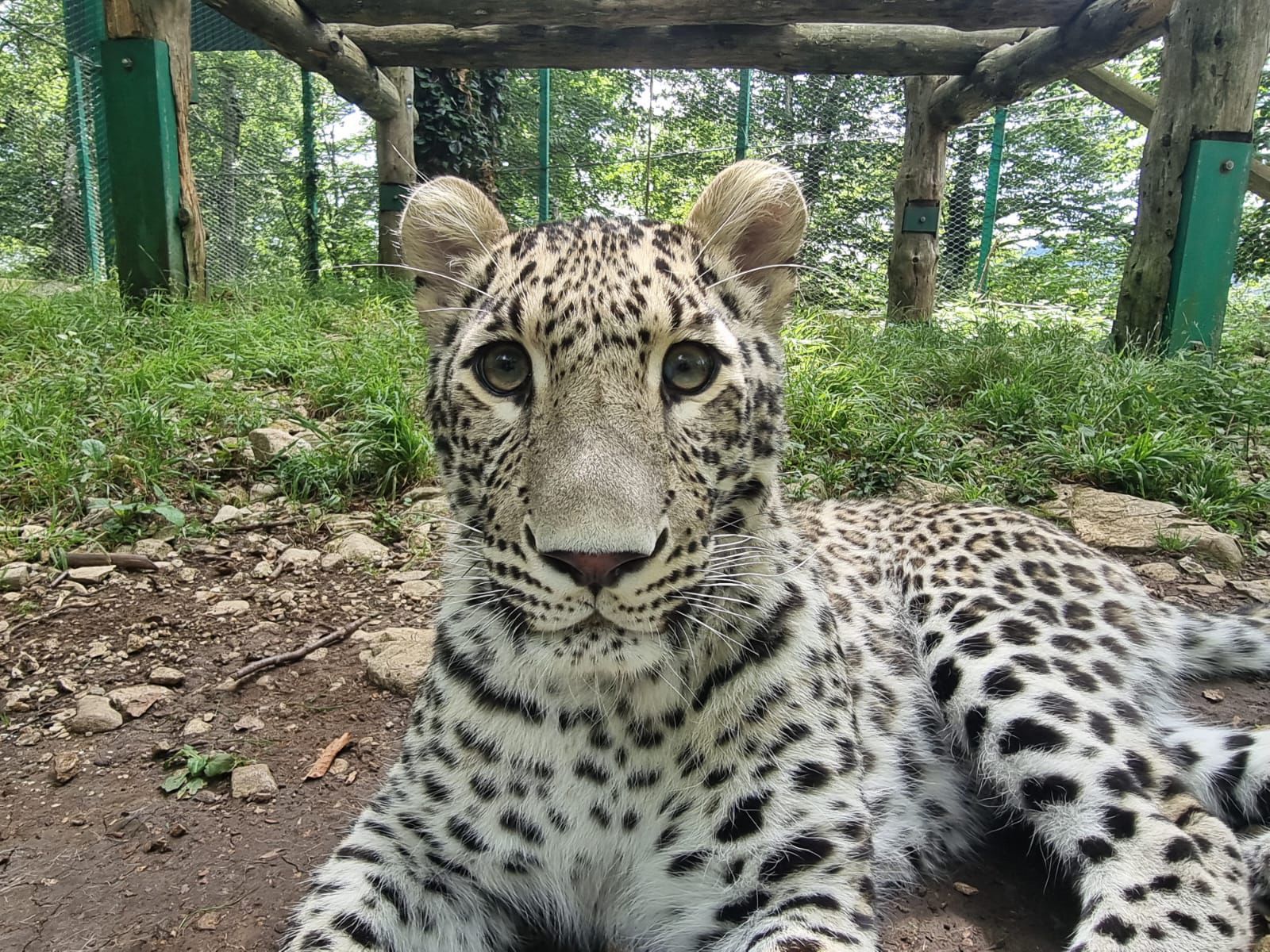There was a leopard restoration center in the Caucasus when preparations for the Sochi Olympics were underway on behalf of the President of Russia. Over the years, the Center's specialists have done everything to ensure that these beautiful big cats can survive in their natural environment and give offspring.
The Central Asian leopard was widespread in the Russian part of the Caucasus and occupied almost all mountain and forest territories. However, by the middle of the 20th century, it was completely exterminated and the predator population in this region could no longer recover on its own.
Channel One journalists talked about the program for restoring the population of wild animals, in particular about the best students of the leopard school Terek and Ritz. These cats are already ready to become part of the wild. But the leopard Umka, who was abandoned by its mom, will remain in the Center forever and will become part of the program for the restoration of offspring. Due to the fact that the kitten had to be bottle-fed, it is too strongly attached to people, so it cannot be released into the wild. But a healthy animal may well give strong offspring that can live in the forest and mountains.
Today, the Center faces several tasks at once. It is necessary to form pairs of leopards that will breed independently in an aviary, get offspring from them, prepare young leopards for independent life in a natural environment and only then release them into the wild.
"Since 2013, 28 kittens have been born in the Center, and 15 individuals have been released into nature in eight years. Now the system of breeding and training of young leopards is fully established, after release the animals successfully adapt and avoid conflicts with humans. Wild individuals from neighboring countries began to come to our released leopards and in the near future kittens are expected to appear in nature with confidence," experts from the Leopard Restoration Center in the Caucasus said.
Currently, Sochi contains 13 individuals of the Central Asian leopard, of which 7 males and 5 females. 2 kittens Terek and Ritsa, born from a couple from the wild, are preparing for release in 2024. The main goal of the Center's specialists is to create a stable grouping of Red Book leopards in the south of Russia numbering at least 50 individuals.
Photos from the archive of the Leopard Restoration Center in the Caucasus




